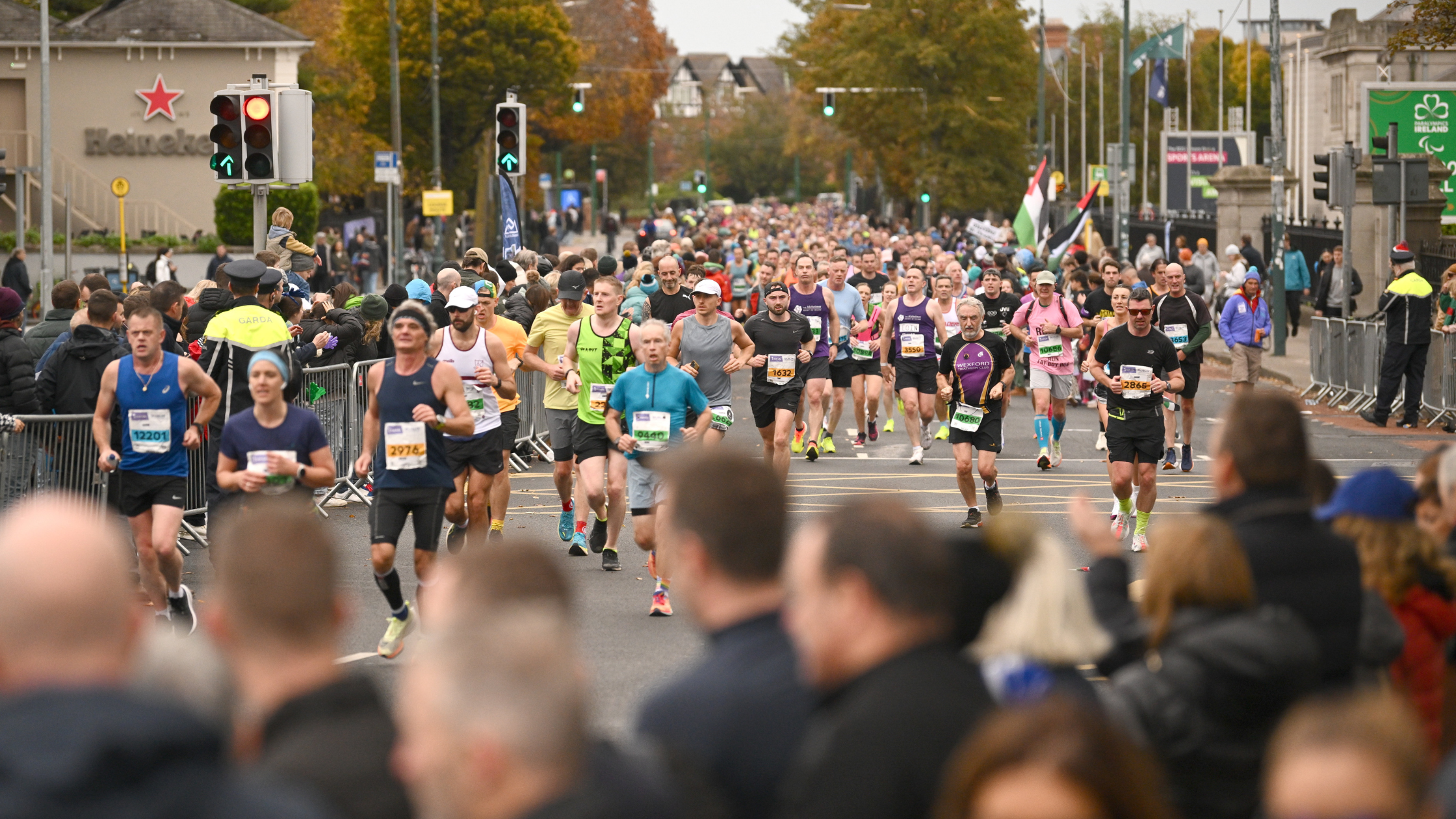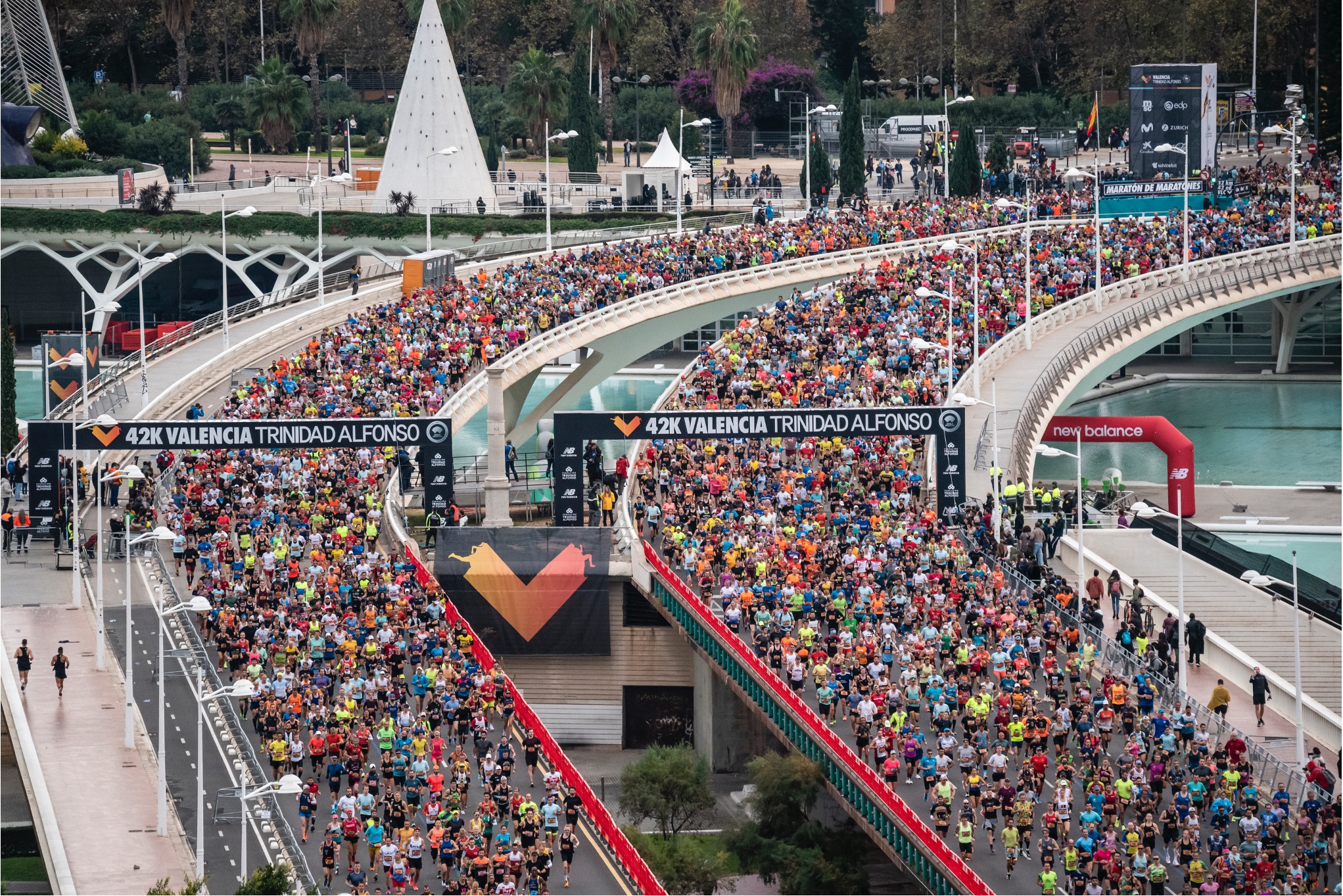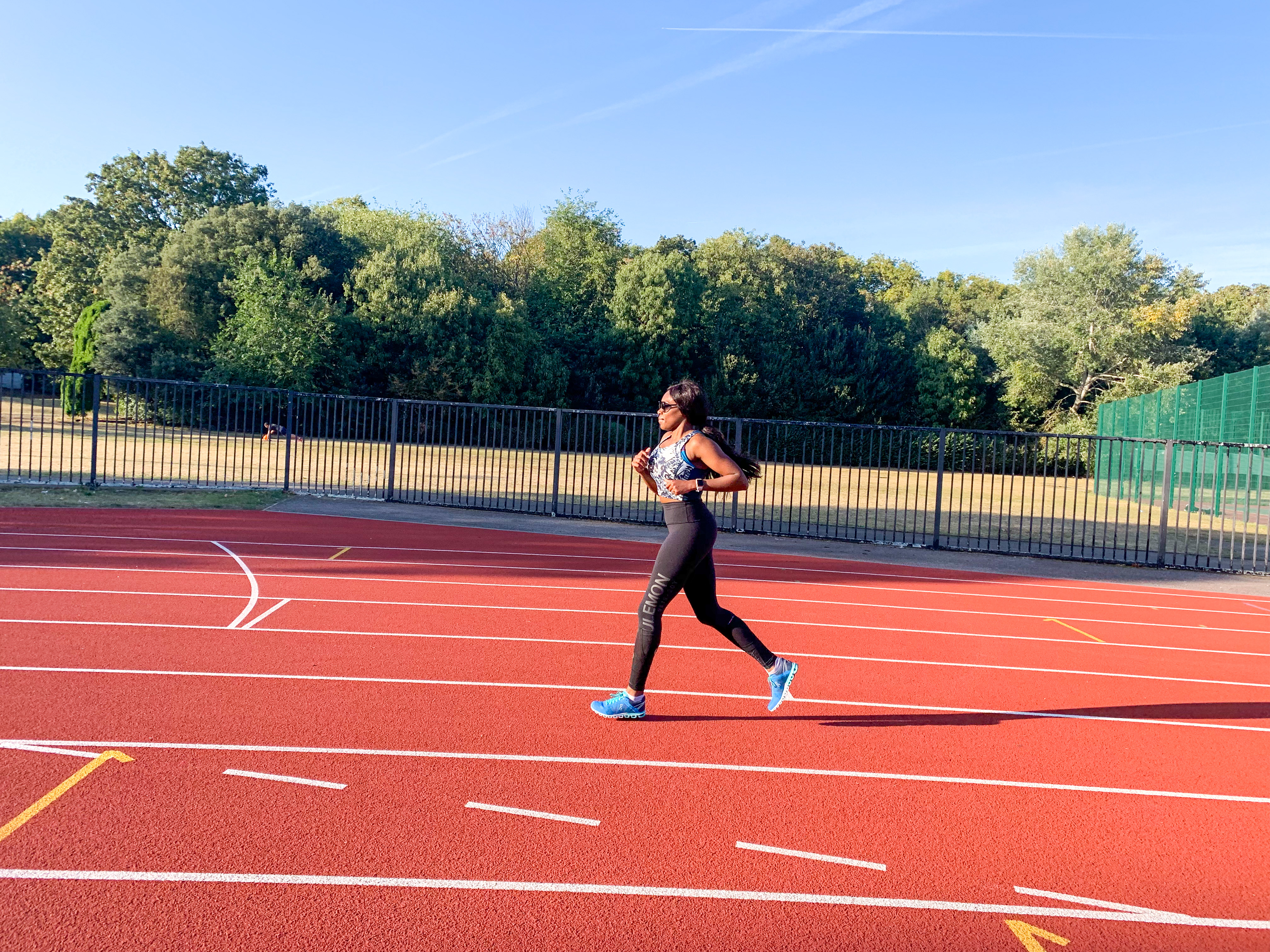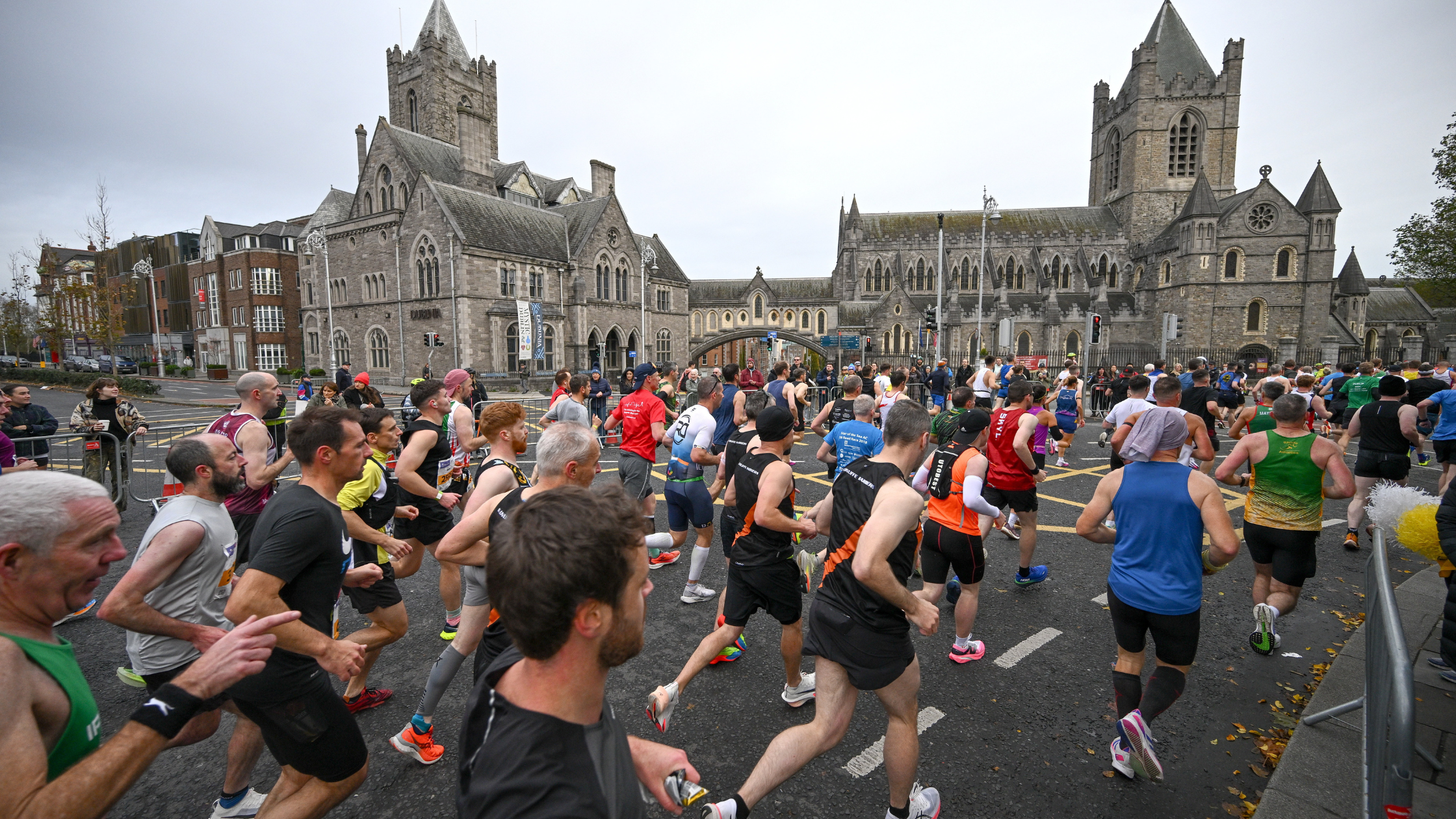It doesn’t matter whether you’ve been running for as long as you can remember or you are completely new to the scene, here are some shocking facts about running you probably don’t know.
1. Eat beetroot to improve your running speed
Beetroot might not be the first food you think about reaching for when looking to improve your running performance, however, the purple vegetable has been proven by St Louis University to benefit runner’s speed. Their study investigated the running speed of participants who completed two separate 5k distances on a treadmill. Before the first 5k, the runners ate baked beetroot and before the second, they ate cranberry relish.
The study found that after the runners had eaten the beetroot, their average speed was 12.3km per hour (7.6mph), in comparison to 11.9km per hour (7.3mph) after they consumed the cranberry relish. The nitrates present in the beetroot are thought to be the reason behind the improvements.
2. Running marathons can improve more than just your health…
The health benefits of running are no secret, but did you know that the activity can also have a positive impact on your wider life? Numerous research studies have found that running regularly can enhance your working hours. As anyone who exercises regularly knows all too well; the planning, discipline and commitment to keeping up with a fitness programme requires some serious organisation and as a result, running on a regular basis can help to develop your personal character.
One study that involved people training for a marathon in New York found that exercising regularly improved organisation and discipline in work and other areas of life. Research from Rhode Island College also supported these claims, finding that aerobic exercise that requires little thought can help get your creative juices flowing. So if you want to keep your boss happy, then make sure you schedule in some running.
3. Stretching before a run might not be a good thing…
Many runners follow a routine of stretching before going on a run however, a study published in the Journal Of Strength And Conditioning Research suggested that this could actually hinder your running performance. The research found that stretching prior to a run made the body less efficient and as a result, the runners were unable to run as far.
Rather than stretching, runners should warm up with more dynamic movements such as high knees or heel flicks to prepare the muscles for exercise. Completing dynamic stretches will also raise your heart rate, body temperature and loosen the muscles so that they can work more efficiently during your run. Stretching should be completed after exercise, as part of your cool down routine.
4. Men who run regularly are more likely to have daughters
As a male runner, if you and your partner are hoping for a girl, then make sure you are running regularly - as research has suggested that it can increase your chances of conceiving a daughter.
A study undertaken by researchers at the University of Glasgow split male participants into three categories, depending on how frequently they ran while trying to conceive. Category one was men who ran more than 30 miles per week, the second was men who ran less than 30 miles per week and the third was men who had taken a break from running. The study found that the proportion of boys fathered by the men in categories two and three was 62 per cent whereas, in the first category, only 40 per cent of the babies were boys. The theory behind the results is that running more miles causes the male hormone, testosterone to decrease.
5. Buy cheap, cut your injury risk
Running shoes are likely the most expensive piece of kit you own, but research has suggested that choosing low cost items could be better for your health when it comes to running shoes.
One researcher at the University of Bern, Switzerland carried out a study that analysed 4,358 runners. The study found that runners who ran in shoes that cost more than $95 were more than twice as likely to become injured than runners who wore shoes that cost less than $40. A later research study published in Medicine & Science In Sports & Exercise showed that runners who wore expensive running shoes with features such as extra cushioning were in fact significantly more likely to get injured.















